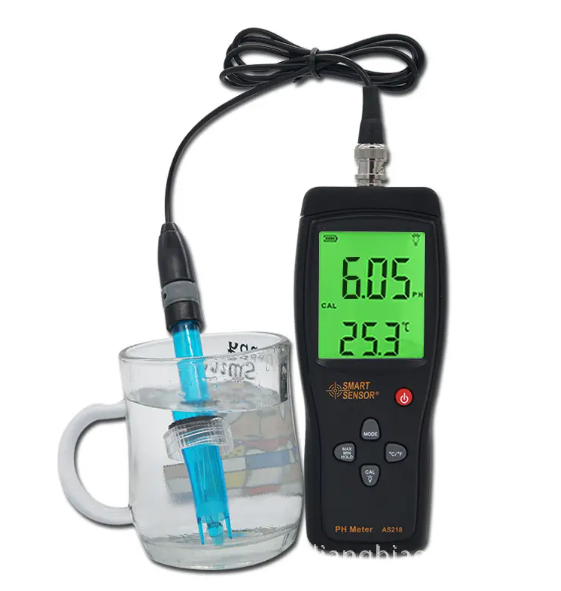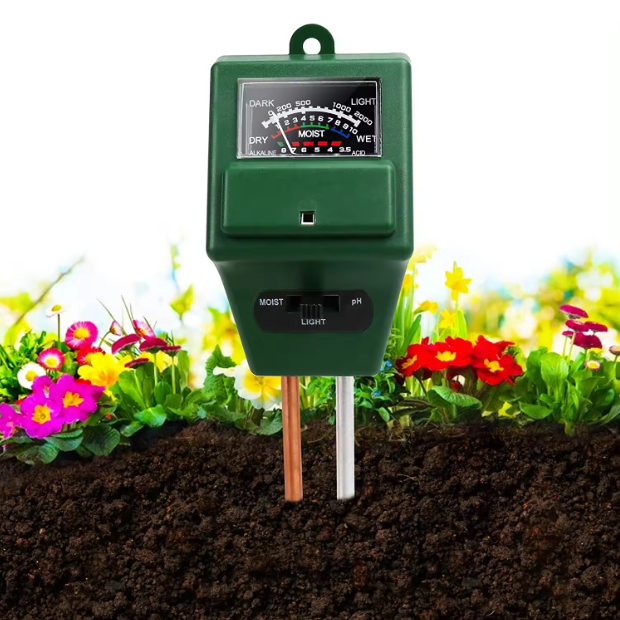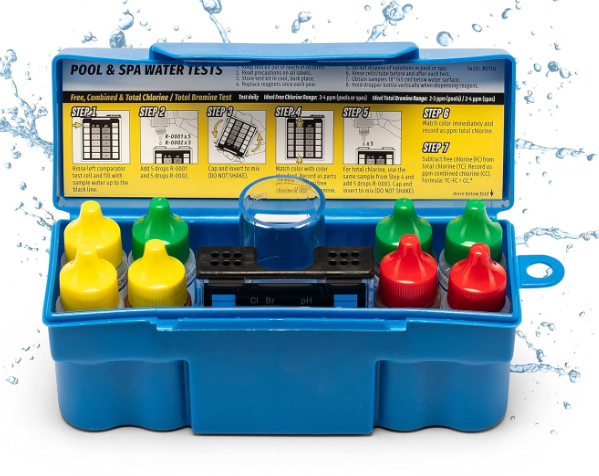Posted by Ray DeBruhl on Jul 7th 2024
Water Quality - Its Impact on Your Houseplants and Indoor Growing
Establishing and maintaining proper fertility levels while growing your plants begins with selecting the correct fertilizer. Next is understanding the quality of water that you are using. Water quality can affect your soil pH, a crucial factor for plant health. Proper pH supports nutrient absorption and microbial activity, leading to lush growth. While there are several factors to consider in understanding the quality of your water, it is necessary to understand the relationship between water quality and plant nutrition to establish and maintain a successful fertility program for all your gardening needs. Water can and does contribute to your plants' nutrient supply as it contains nutrients.
While several factors must be considered when understanding the quality of your water, this paper will focus on water alkalinity and pH. Understanding the relationship between water quality and plant nutrition is necessary to establish a successful fertility program for all your indoor growing. Water can and does contribute to your plants' nutrient supply as it contains nutrients.
Therefore, you must know its alkalinity level. Alkalinity, especially the identity and concentration of soluble ions, dramatically affects subsequent plant growth. Just as you research to find the best fertilizer for your plants, you should also test your water to ensure it is suitable for indoor growing. A simple test can quickly determine this.
This paper focuses on water pH and alkalinity because water alkalinity can have the most significant impact on your house plants. Water alkalinity is not the same as water pH. The two measurements are entirely different. Therefore, you cannot test water alkalinity with a water pH tester. It must be tested with a water alkalinity tester.

The water's alkalinity level, not its pH, can cause the pH of the soil media to go up or down, affecting nutrient availability. Alkalinity is the water's ability to neutralize acid. It is a total measurement of the bicarbonates and carbonates in the water.
Micronutrients in the soil of your houseplants are unavailable at high soil pH levels and will cause nutrient deficiencies. Likewise, micronutrients can be toxic at low levels of potting soil pH. Many times, plant issues are assumed to be caused by the fertilizer being applied to your plants, when the root cause is the soil pH level, which is impacted by the alkalinity level of your water. High water alkalinity levels are standard in most water systems.
When thinking about water quality, alkalinity is much more important than water pH. Water pH tells you whether your water is acidic, neutral, or basic, while water alkalinity tells you its potential to change the pH of your potting soil.
Here is a critical note on your water alkalinity level. Water with a high alkalinity level can, over time, increase the pH of your potting soil. Not that water with high alkalinity harms your plants but rather its effect on your potting soil's pH. The pH of your potting soil is critical as it influences micronutrient availability. Micronutrients in your fertilizer are available to your plant within specific soil pH ranges.

Therefore, water alkalinity will have the most dramatic impact on your plants' nutrient availability. Water alkalinity is so important because it has a tremendous effect on the pH of your potting soil. And like the pH of the soil in the field, the pH of the potting soil in your house plants influences the availability of several plant micronutrients. It has a more significant impact on indoor growing.
Water with high alkalinity increases the pH of the potting soil and reduces the availability of several minor elements, such as manganese, iron, zinc, boron, and copper. So, the constant application of water with high alkalinity can cause the soil pH to rise, thus creating nutrient deficiencies of several micronutrients even though they are present in your fertilizer. They are unavailable to your plant due to your high potting soil pH.
Low alkalinity can also hurt the soil media. It can cause the pH of the potting soil to decrease. The problem with low potting soil pH levels is that they can cause micronutrient toxicities of certain micronutrients. So, high potting soil pH levels cause micronutrient deficiencies, while low potting soil pH levels cause micronutrient toxicities.
Now that you know what alkalinity is and its impact on your house plants, how much is acceptable, and how much is too much? That depends on the cultivar being grown and the container size. Different plants can tolerate different levels of alkalinity.
A simple alkalinity test measures the level of bicarbonates, carbonates, and hydroxides in the water. Test results are generally expressed as "parts per million (ppm)" of calcium carbonates. The desirable alkalinity range is between 30 and 60 ppm for most plants, and the acceptable levels influence the pot's size. The larger the pot, the greater the alkalinity the plant can tolerate. The smaller the pot, the less alkalinity the plant can tolerate.
A pool water test can give you a reading of the water's total alkalinity in parts per million (ppm). Total alkalinity is an important parameter to measure as it indicates the water's ability to resist changes in pH, helping to maintain a stable and balanced soil environment. Test kits or strips designed explicitly for pool water testing will typically include a test for total alkalinity and other parameters such as pH, chlorine levels, and hardness.

It is important to note that a water test should always include both a pH and alkalinity test. A pH test is not an indication of alkalinity. Water with high alkalinity always has a pH value of 7 or above, but water with high pH only sometimes has high alkalinity. This understanding is essential because it is your water alkalinity and not pH that causes the most significant effects on the pH of the soil. And it is soil pH that impacts your plant nutrition the most.
In summary, the main problem that arises with water that has a high alkalinity level is that it raises the pH of your plants' potting soil. If it is too high, nutrient deficiencies will occur if it is above the ideal range for nutrient solubility.
Ray DeBruhl, Agronomist/Horticulturalist, is the visionary founder and owner of Hydrohort. He holds an agronomic degree from North Carolina State University, which he earned in 1974. Ray's academic background laid the groundwork for the first scientific agronomic program and patented greenhouse systems for growing greenhouse transplants, setting a new industry standard. His greenhouse systems, fertilizer, and water quality work changed an entire industry worldwide, teaching his technology in six foreign countries. Much of his work is available as E-Books to Hydrohort customers. This expertise also led to the development of Hydrohort's hydroponic horticultural products, designed to simplify the growing process for homeowners.


